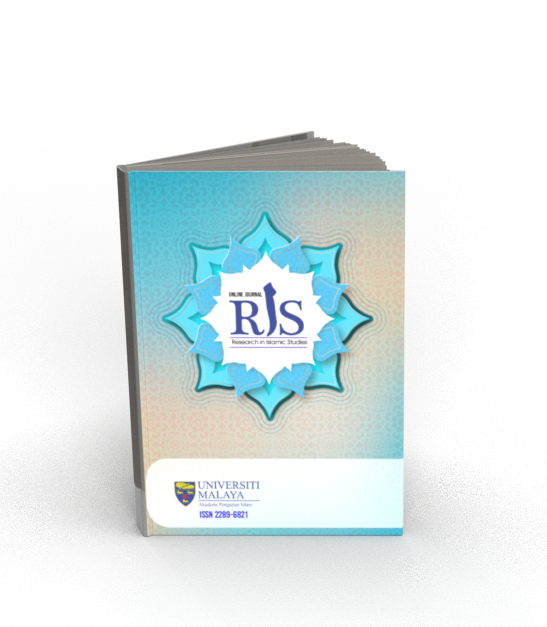Main Article Content
Abstract
The study discusses the problem of democracy in Islam, from the political to the religious and ethical perspective in an Islamic country with a strict secular system (Turkiye). The study is aiming to monitor the role of democracy as a fair movement for peoples, especially Muslims, in secular regimes, in which it affects their lives by reconstructing the political system and its legislations and authorities in a way that consider their beliefs and moral ethics. Taking that into consideration as Muslims to answer the question: Can we, as Muslims, take a fair stance on democracy and other Western theories that can be benefited the lives of Muslims? As an analytical study, we will follow the Qualitative Methodology to achieve the goal of the study, which led us to the result of elaborating on the possible ways to benefit as Muslims from political concepts particularly democracy without allowing for these Western concepts to eliminate Islam and its ethics from our lives from one hand or make the extremists Muslims alienate others from this religion from another hand; by considering two main points: 1) Being convinced of the historicism of political practice in Islam and reconsidering the legal texts according only to Islamic ethics and the Shariah objectives. 2) Dismantling the relevant terms coming to us and activating the functional view of these interests and their abstract principles and giving them priority over the textual and idiomatic definition. Therefore, it is necessary for us as Muslims to develop new concepts in politics which are compatible with Islam and its ethical principles and stem from reality and civilizational requirements, to play the leading role in achieving both intellectual and applied advancement for the Muslim nation, which leads it to return to the forefront of its civilized role that combines Islamic values and civilized development.
Keywords
Article Details
Copyright (c) 2023 Online Journal of Research in Islamic Studies

This work is licensed under a Creative Commons Attribution-NonCommercial-ShareAlike 4.0 International License.
Copyright Notice
By submitting manuscripts to the Online Journal of Research in Islamic Studies (RIS), authors agree to transfer copyright to the journal. However, authors may republish their work or grant others permission to republish it; in which case it should be accompanied by a proper acknowledgment that the work was originally published in the Online Journal of Research in Islamic Studies (RIS). The journal adopt CC-BY-NC licence which authors may also share and distribute their article anywhere of non-commercial website, social media and repositories immediately on publication.
Authors may also reuse the Abstract and Citation information (e.g. Title, Author name, Publication dates) of their article anywhere at any time including social media such as Facebook, blogs and Twitter, providing that where possible a link is included back to the article on the journal site.
